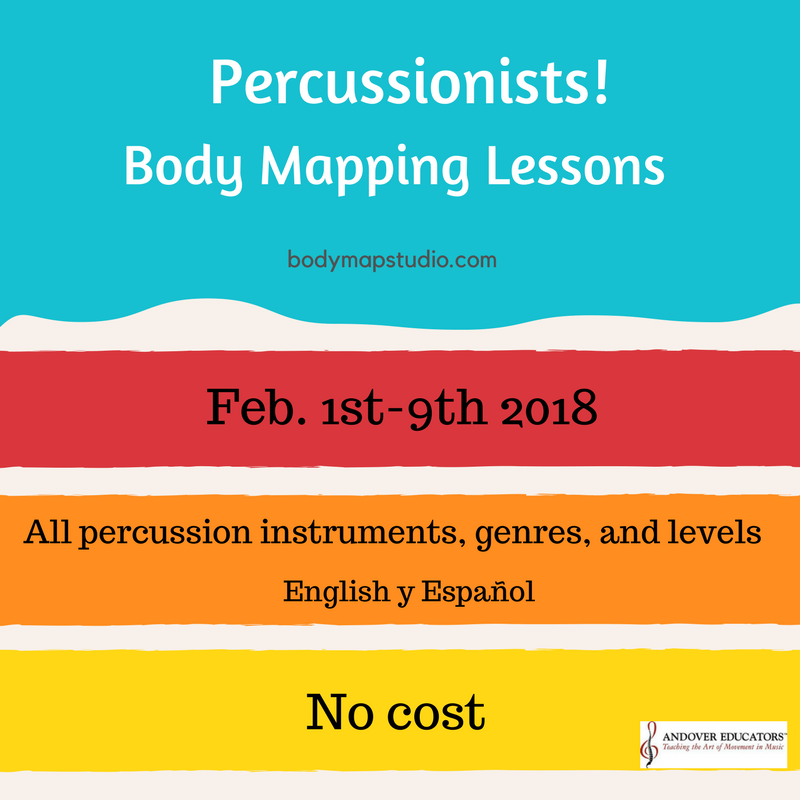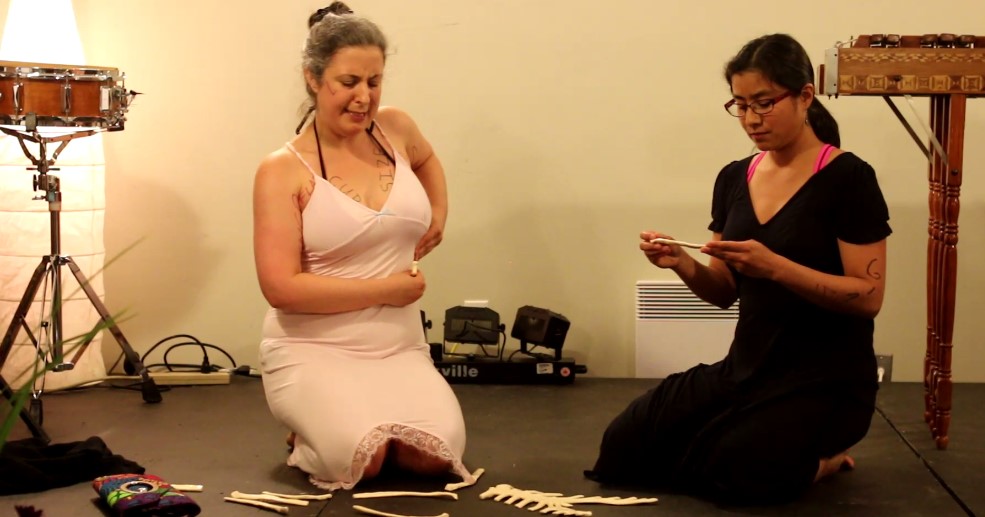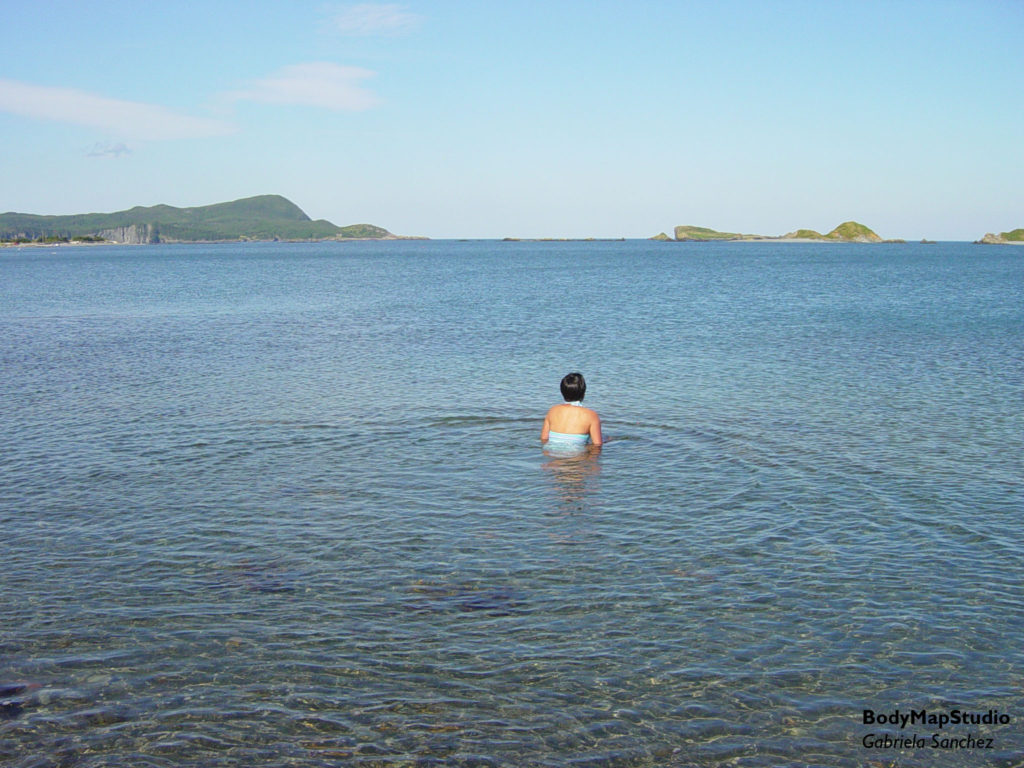
Last week I bit my food in a weird way, and this produced pain that has lasted all week in one of my teeth. Since then, I’ve been more aware of how I eat and of the amount of tension that this pain has produced in my jaw.
However, the tension around my jaw is not new. Since I started being more conscious about my body, I’ve noticed the patterns that I repeat which produce tension in this area. For example, usually I clench my teeth when I’m stressed. This happens in different circumstances when I practice, play or even when I’m writing an email. Do you experience something similar?
In the next video I explain some things to help you to reduce the tension in your jaw.
https://www.youtube.com/watch?v=sqoqX3TUYEM
On October 15th Jennifer Johnson and I presented in the music educators conference Resonate 2016-NLTA.
Our presentation focused on recognizing some of the cultural myths and postures that produce pain and tension in the body. We talked about how these patterns interfere with the natural design of our bodies and explained accurate information about the body. We also shared some of the tools that we can use to help our students to develop a balanced body while learning to play an instrument.
Some of the topics discussed were neck, shoulder, and lower back pain; as well as tendonitis in the arm and carpal tunnel syndrome. Continue reading An hour of learning!

Continue reading Your Body on Stage: A Space for Women Musicians!
A couple of weeks ago, I received an email from a colleague who expressed some of his concerns and questions. This is my answer which I wanted to share with everyone.
The message had two parts. The first is the issue between tension and relaxation concepts for learning to play an instrument. In the second part he asked some questions: How to unlearn wrong ideas? How to make a change in students’ ways of thinking so that they can learn to relax?
I will begin to answer the questions, and then I will use relaxation and tension as an example. Continue reading Breaking Bad Habits in Music

“The mark of a person who is in control of consciousness is the ability to focus attention at will, to be oblivious to distractions, to concentrate for as long as it takes to achieve a goal, and not longer.”
(Csikszentmihalyi, 2008, p. 31.)
When I was ten, I used to swim every day. I already knew how to swim, but I took classes for years because I enjoyed to be in the water. I lived in a place with hot and humid weather. Even when raining, I was there, the only child wanting to swim.
One day in the class, we were starting our laps from one starting track, as if we were in a competition. Imagine all the children in a line waiting for their turn. I was the last, I was there ready for jumping. I heard the whistle and I jumped. When I fell into the water I started to swim, but I couldn’t move forward. My teacher, who was inside the pool, stopped me. Confused, I stood up and I asked what was happening. He told me:
I smiled. I thought “what did I do wrong?” Without thinking too much, I repeated the jump and, this time, I could continue my way to the other side of the pool.
Many years after, I remember my percussion teacher asking me why I was doing something wrong, if I already knew the right way to do things. He used to say:
Yes, by observing more carefully, I noticed that I was playing differently than what I thought. There was an awkward new movement in my arms or the sticks were not at the same height, etc.
The swimming and the percussion lessons have something in common: my lack of attention. Continue reading Your attention please